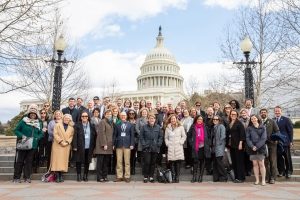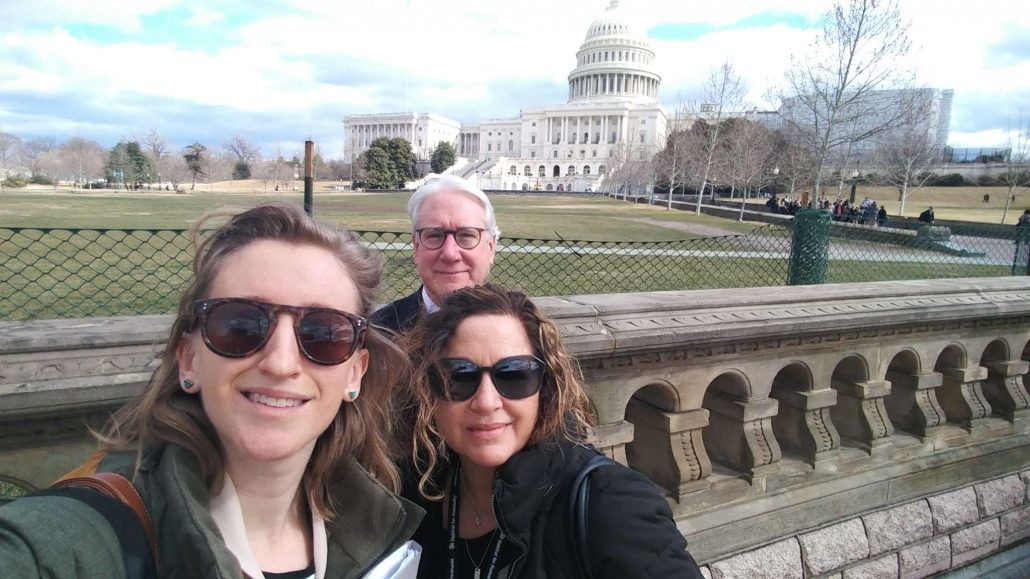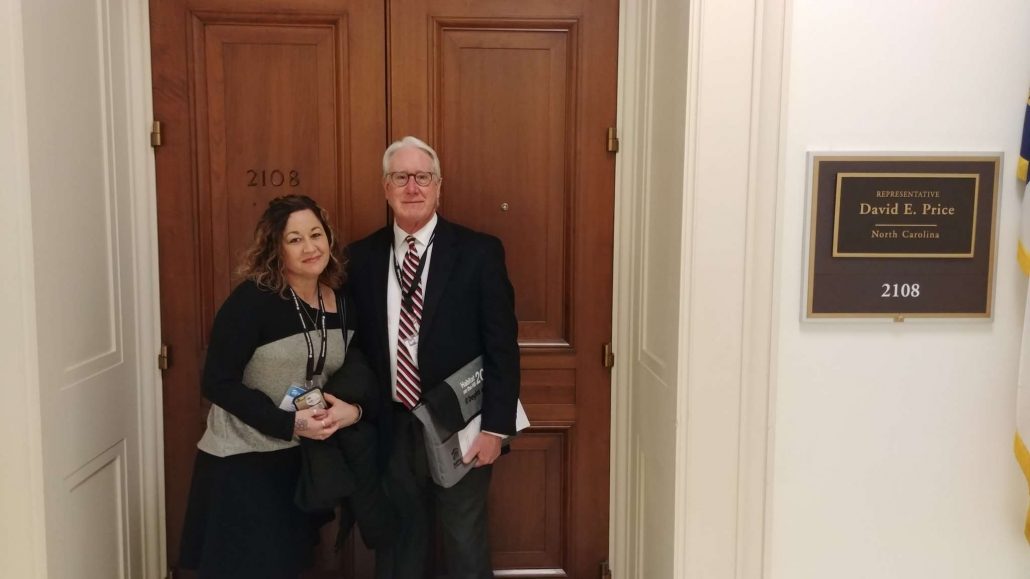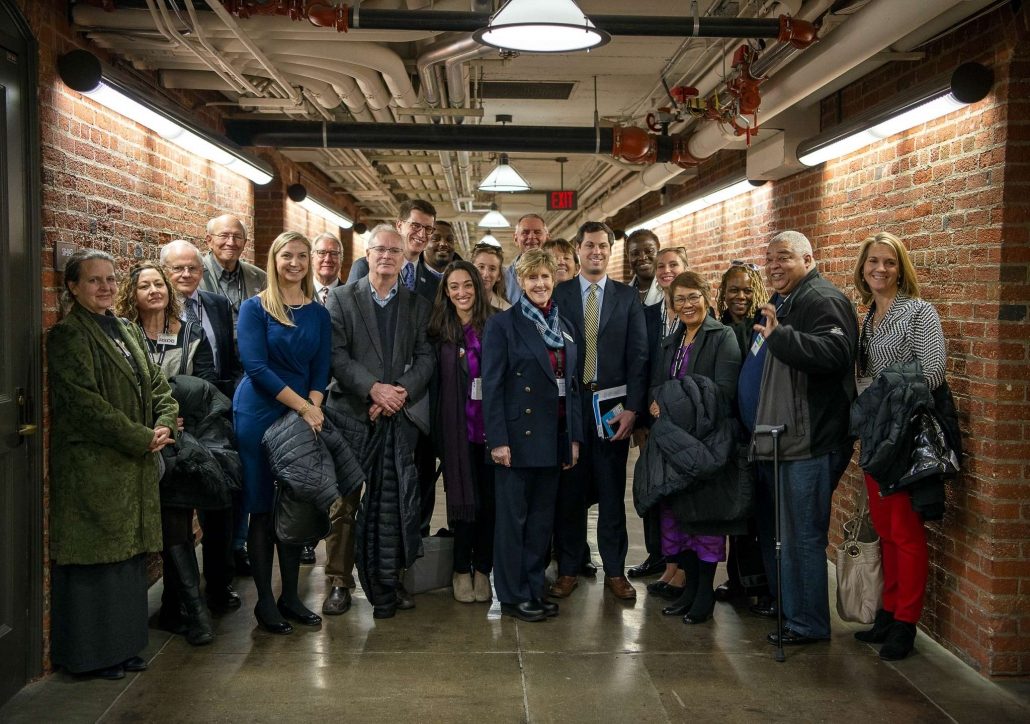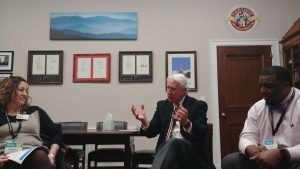https://www.ashevillehabitat.org/wp-content/uploads/2019/03/WBLowes_5.11.18_008.jpg
1363
2048
Ariane Kjellquist
https://www.ashevillehabitat.org/wp-content/uploads/2022/11/AAHH-logo_black_with-counties-tag-300x150.jpg
Ariane Kjellquist2019-03-05 08:22:262019-03-05 08:31:32What time is it? It’s Women Build time!
https://www.ashevillehabitat.org/wp-content/uploads/2019/02/Robin_WB-7.6.17.jpg
1001
1500
Ariane Kjellquist
https://www.ashevillehabitat.org/wp-content/uploads/2022/11/AAHH-logo_black_with-counties-tag-300x150.jpg
Ariane Kjellquist2019-02-26 17:20:042019-03-09 09:24:01Bucking the National Trend
https://www.ashevillehabitat.org/wp-content/uploads/2019/02/HOTH-blog-1.jpg
840
2000
Maddy Alewine
https://www.ashevillehabitat.org/wp-content/uploads/2022/11/AAHH-logo_black_with-counties-tag-300x150.jpg
Maddy Alewine2019-02-19 11:06:482019-02-20 11:15:15It begins with us
https://www.ashevillehabitat.org/wp-content/uploads/2019/02/47008913332_281f7f5b1c_k.jpg
1367
2048
Ariane Kjellquist
https://www.ashevillehabitat.org/wp-content/uploads/2022/11/AAHH-logo_black_with-counties-tag-300x150.jpg
Ariane Kjellquist2019-02-14 15:14:062019-02-20 11:16:30Diverse Group of Sponsors Help Empower Five Families to Build Better Futures
https://www.ashevillehabitat.org/wp-content/uploads/2019/02/Decon_12.18.18_003.jpg
1367
2048
Ariane Kjellquist
https://www.ashevillehabitat.org/wp-content/uploads/2022/11/AAHH-logo_black_with-counties-tag-300x150.jpg
Ariane Kjellquist2019-02-05 08:18:312019-02-20 11:17:51Volunteer Spotlight: Tom Weaver
https://www.ashevillehabitat.org/wp-content/uploads/2019/01/Tom-Hare-with-Car.jpg
2048
1540
Ariane Kjellquist
https://www.ashevillehabitat.org/wp-content/uploads/2022/11/AAHH-logo_black_with-counties-tag-300x150.jpg
Ariane Kjellquist2019-01-07 12:06:532019-02-20 11:18:23ReStore: A Picker’s Heaven
Scroll to top

